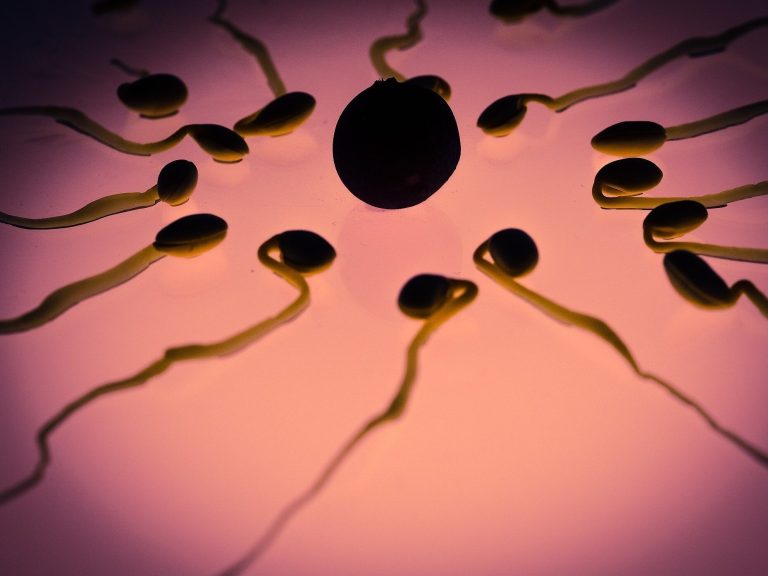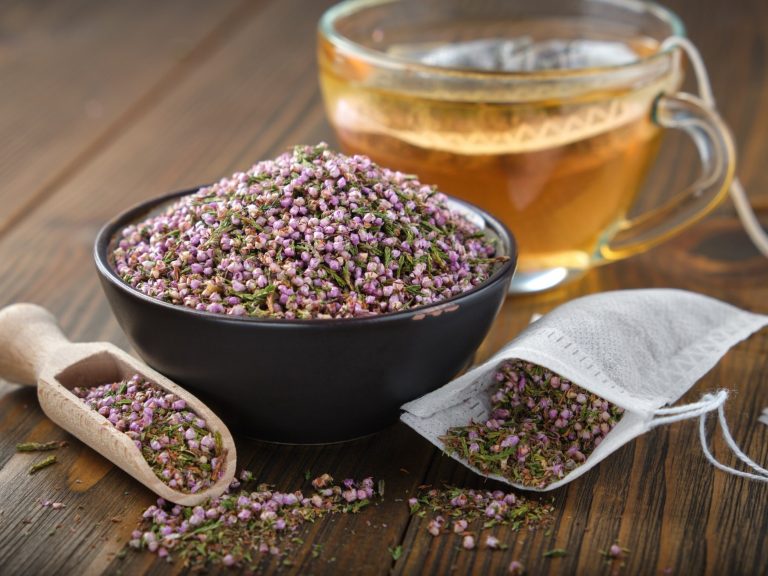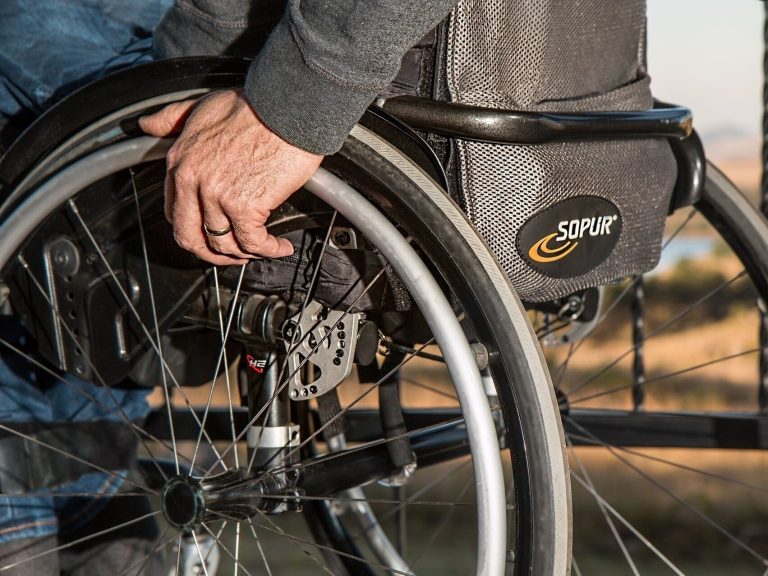Hiccups – what is it, causes, how to get rid of it and when to go to a specialist

Hiccups are most often a normal reflex, which appears, among others, in infants who swallow air while breastfeeding or bottle-feeding. Physiological hiccups go away on their own within a few minutes. However, it happens that hiccups persist for several days – in this case, it indicates, among others, for diseases of the central nervous system. What are the most common causes of hiccups? Check.
- Hiccups as a physiological symptom
- The most common causes of physiological hiccups
- Chronic hiccups – a symptom that requires careful diagnosis
- Common causes of chronic hiccups
- How to recognize the cause of hiccups?
- How to get rid of hiccups quickly?
Hiccups are a body reflex controlled by a special center in the brain. It can be a normal reflex or be related to diseases. Diseases are indicated by chronic hiccups and persistent hiccups that often recur. The biological causes of hiccups are not fully understood. This reflex may be related to natural defense mechanisms that prevent choking on food or drink. It is worth learning more about the causes, symptoms and ways of dealing with hiccups.
Hiccups as a physiological symptom
The human body is a complex and intricate “machine” that has been programmed for various emergencies. Hiccups are most likely a defense mechanism to prevent choking on food or drink. Hiccups consist of a sudden, involuntary contraction of the diaphragm and intercostal muscles, accompanied by a sudden closing of the larynx at the level of the glottis. During hiccups, air is drawn into the lungs intermittently, which causes a characteristic sound. Both the sensations accompanying hiccups, i.e. the contraction of the muscles of the diaphragm and intercostal muscles, as well as the sound made during hiccups, are very unpleasant.
Physiological hiccups last a few minutes and go away on their own. Sometimes it returns until expelling swallowed air from the digestive tract. Typically, the appearance of hiccups is caused by an overflowing stomach and the consumption of carbonated drinks; hiccups also appear after trying to swallow too much food or drinking cold drinks greedily.
Interestingly, hiccups appear already at the stage of fetal life. Fetal hiccups are felt by a pregnant woman as rhythmic vibrations of the baby. The feeling of hiccups in the unborn baby is unpleasant, but it usually does not indicate an abnormal course of pregnancy and does not require consultation with a gynecologist.
Physiological hiccups are experienced by breastfed and bottle-fed infants, small children, adolescents, adults and seniors. If the hiccups are infrequent, last a few minutes and go away on their own or after using one of the many hiccup remedies (e.g. stopping breathing temporarily), there is nothing to worry about. The problem is persistent chronic hiccups, which should prompt a visit to the doctor.
The most common causes of physiological hiccups
Where does hiccup come from? Hiccups are caused by irritation of the endings of the vagus, phrenic and sympathetic nerves that innervate the abdominal cavity, chest organs, ear, and nasopharynx. Hiccups are also caused by stimulation of the hiccup center, which is located in the central nervous system.
The most common causes of physiological hiccups that pass after a few minutes are incorrect eating habits, including:
-
greedy eating,
-
incomplete chewing of food – swallowing large bites of food,
-
excessive stomach filling
-
eating hot foods and drinks
-
eating cold foods and drinks
-
talking while eating, which promotes swallowing of air,
-
eating spicy foods
-
consumption of carbonated drinks.
A common cause of hiccups is drinking large amounts of alcohol, which relaxes the muscles and irritates the nerve endings.
In some cases, the cause of hiccups is excessive nervous tension – often appearing hiccups that last a few minutes, subside spontaneously and persistently recur – may indicate neurotic disorders. In this case, the problem of hiccups solves itself if the source of stress is removed. Nervous hiccups are often faced by children who feel stress, e.g. related to important events at kindergarten or school. In the case of emotional hiccups, herbal infusions, e.g. lemon balm tea, are effective, which facilitates relaxation and reduces the symptoms of stress. Attacks of hiccups do not indicate chronic hiccups, because they do not last for a long time – they can be repeated several times with breaks.
In the case of hiccups related to eating habits and swallowing air, getting rid of excess air from the digestive tract brings quick relief. Removing air from the stomach is facilitated by a gentle abdominal massage.
Chronic hiccups – a symptom that requires thorough diagnosis
Chronic hiccups are when the hiccups last longer than 48 hours. In the case of chronic hiccups, normal functioning is significantly impaired. The occurrence of chronic hiccups makes eating difficult, causing weight loss, disturbs sleep, causing significant fatigue, as well as causing discomfort in the diaphragm and abdominal pain. Long-lasting hiccups also affect the mental condition.
If hiccups persist for a long time or recur persistently, it indicates disturbances in the functioning of the body. Ignoring long-lasting hiccups is very rare, because the hiccup reflex is extremely irritating.
Common causes of chronic hiccups
Chronic hiccups may be a symptom of a serious illness. It appears in the course of diseases of the central nervous system, metabolic diseases, gastrointestinal diseases and mental diseases.
Diseases of the central nervous system that can cause chronic hiccups include:
-
meningitis,
-
encephalitis,
-
vascular diseases, e.g. vascular malformations,
-
multiple sclerosis,
-
a brain tumor.
The neurological cause of hiccups may also be, among others: stroke and hydrocephalus. In the course of neurological diseases, other symptoms also appear, such as headaches, balance disorders, dizziness, fainting, high body temperature, nausea and vomiting on an empty stomach.
Chronic hiccups may also indicate metabolic disorders, e.g. diabetes, abnormal concentrations of urea, sodium or calcium in the blood and a state of reduced partial pressure of carbon dioxide.
Chronic hiccups are a symptom that also appears in the course of diseases of the chest and neck. It can be caused by e.g.:
-
inflammatory diseases of the throat and larynx,
-
pneumonia,
-
pleurisy,
-
neoplastic diseases, e.g. lung cancer and esophageal cancer,
-
gastroesophageal reflux.
Sometimes persistent hiccups are caused by a diaphragmatic hernia, a heart attack, or a mediastinal tumor.
Abdominal diseases can also lead to chronic hiccups. This symptom is caused by stomach diseases – one of the most common causes of hiccups is gastric distention. Other diseases of the abdominal cavity organs, the symptom of which may be hiccups, are, for example:
-
stomach cancer,
-
gastritis,
-
stomach ulcer,
-
inflammation of the pancreas,
-
pancreatic cancer,
-
enlargement of the liver and other tumors of the abdominal organs,
-
cholelithiasis,
-
bowel obstruction,
-
inflammatory bowel diseases,
-
peritonitis.
Chronic hiccups can also be related to addictions and taking certain medications. It can occur in the course of mental illnesses psychogenic hiccups.
How to recognize the cause of hiccups?
In the case of long-lasting hiccups, diagnostic tests must be performed to detect its underlying cause. Such research includes, among others:
-
abdominal ultrasound examination,
-
chest X-ray examination,
-
computed tomography,
-
magnetic resonance imaging,
-
neurological examinations.
How to get rid of hiccups quickly?
Hiccups, which are not related to the disease, go away on their own. There are several ways we can try to shorten its duration. These include, for example:
-
stopping breathing for 5–10 seconds,
-
bring your knees to your chest and lean forward,
-
drinking water in small sips,
-
sucking an ice cube.
Hiccups in infants will pass faster if we change the position of the child, e.g. put him on his stomach, which will facilitate the removal of air from the digestive tract.
In the case of chronic hiccups, home remedies do not help and it is necessary to treat the hiccups. This is a causal treatment that includes measures aimed at curing or alleviating the symptoms of the disease causing hiccups. It is not always possible to get rid of chronic hiccups with drug treatment – in some cases surgery may be necessary.
Sources:
-
Szczeklik A., Internal diseases, Volume I, Medycyna Praktyczna Publishing House, Krakow, 2005
-
Szczeklik A., Internal diseases, Volume II, Wydawnictwo Medycyna Praktyczna, Krakow, 2006
-
Szczeklik A., Internal Medicine Szczeklik. Manual of internal medicine, Medycyna Praktyczna, Krakow, 2013






